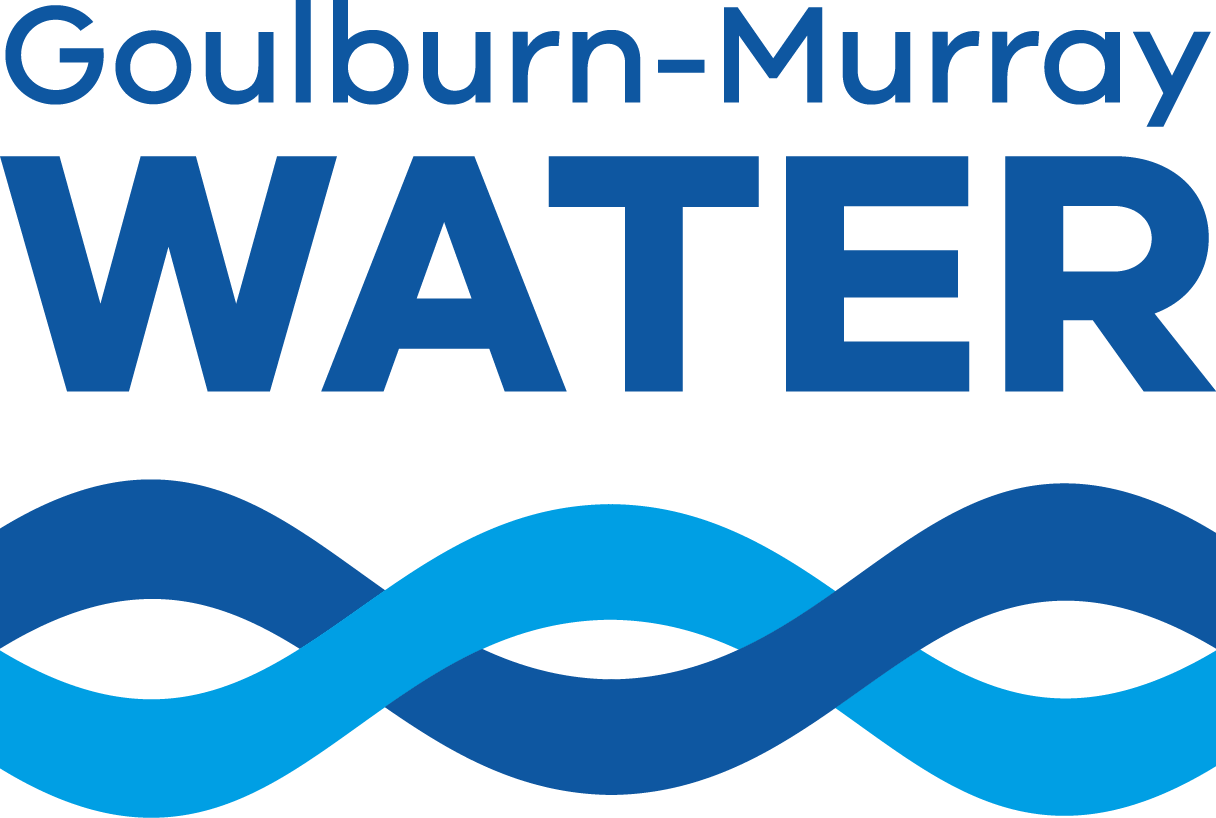Each year, Goulburn-Murray Water (GMW) sends out two types of accounts to customers: fixed and variable.
Fixed charges
Fixed charge accounts are issued once a year normally in July. Payment for fixed charges is normally due in mid-December.
Payments can also be made by instalments if all arrears are paid. The due dates for payment in full and early payment discounts or payment by instalment options (if applicable) are listed on customers’ accounts. As part of our engagement for Pricing Submission 2024, we seek to understand if customers support the proposed changes to our billing options.
Variable charges
Variable charges accounts are issued at least annually but may be issued more frequently. These accounts are generally issued in March (interim account) and June (final account). Payment for variable charges is normally due 30 days after the account is issued.
Our customers were clear when we engaged on our last pricing submission four years ago – they wanted a fairer deal for all.
Currently, customers who can afford to pay in full by September receive a two per cent discount. Customers who don’t have the cashflow or unable to pay in full in September do not receive the current discount.
To ensure fairness and equity, GMW is proposing to remove the discount.
Fixed charges accounts for all GMW service types are now due on 16 December each year. GMW proposes to change this to 16 November annually.
How will this benefit customers?
Moving the due date forward by a month would take the pressure off customers leading up to the Christmas period.
Water delivery, surface drainage and subsurface drainage customers in the Shepparton, Central Goulburn, Rochester, Rochester-Campaspe, Loddon Valley, Murray Valley, Torrumbarry, Nyah, Tresco, Woorinen and Tyntynder areas of the Goulburn-Murray Irrigation District whose property has used 20ML or more by 1 March each year receive an interim variable charges account in March.
Many customers also receive a final variable charges account in June.
GMW proposes to move to a single end-of-season variable charges account, due in mid-July prior to the fixed charges accounts being issued.
How will this benefit customers?
Consolidating two invoices into one would help to reduce administration costs, and keep customers’ money in their pockets a little longer.





